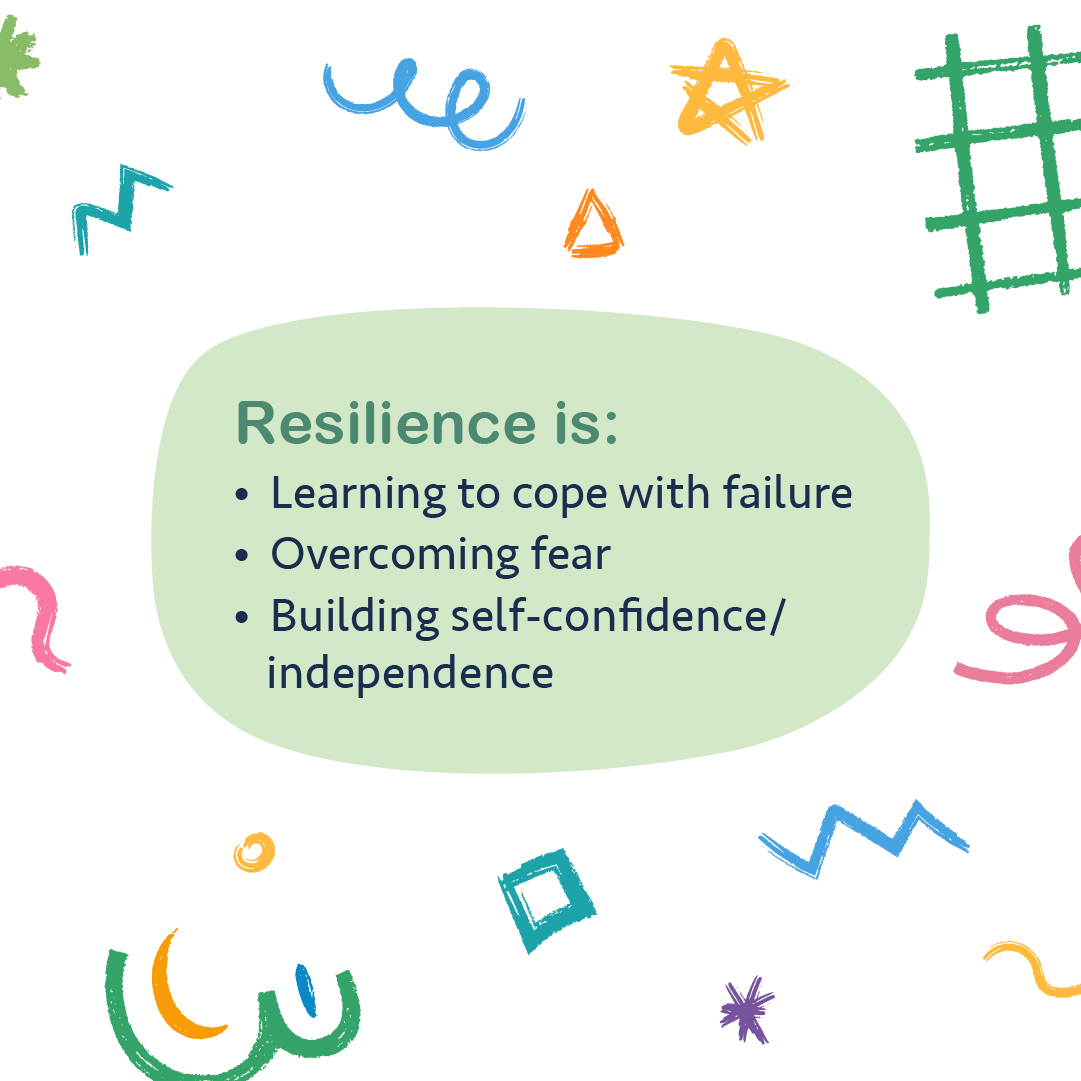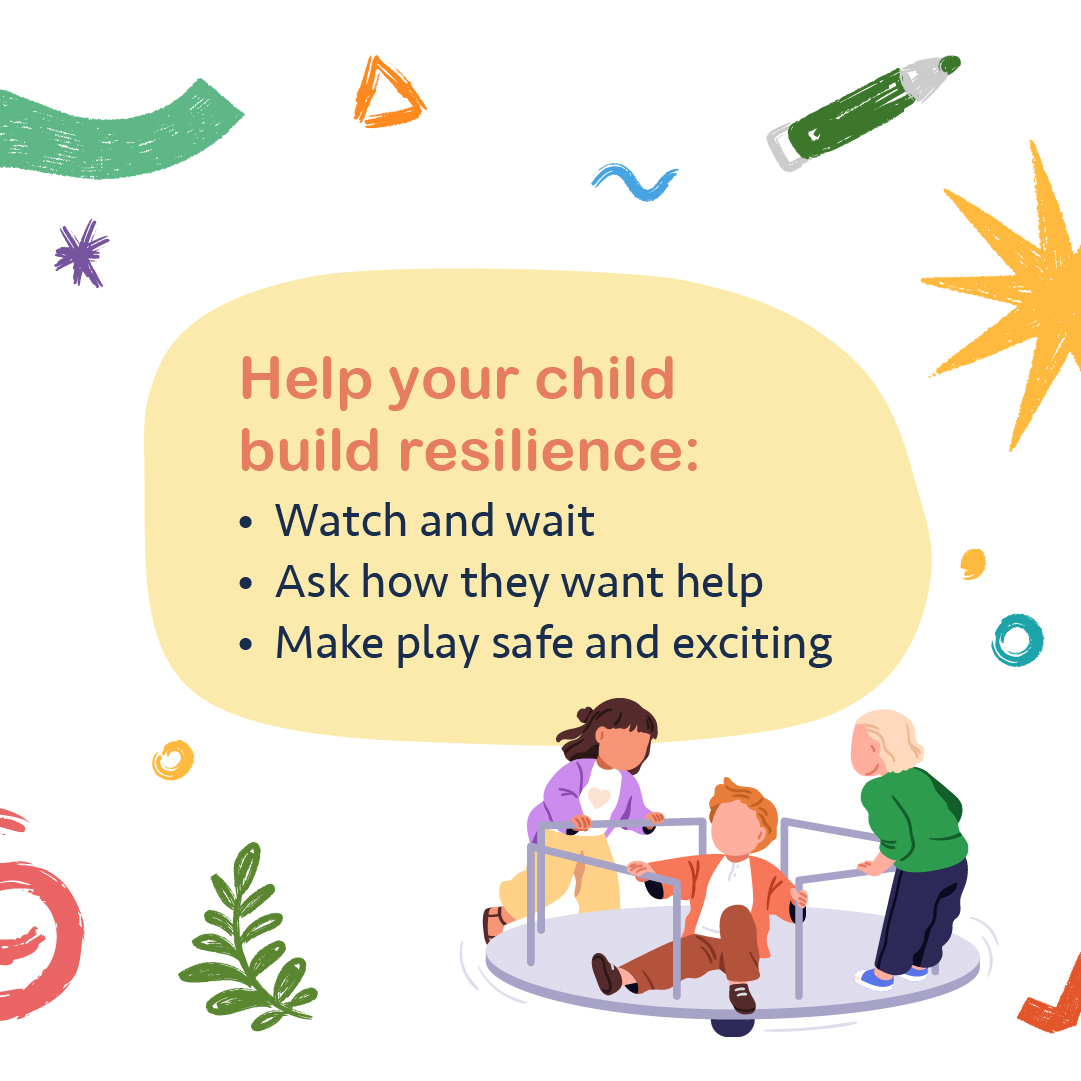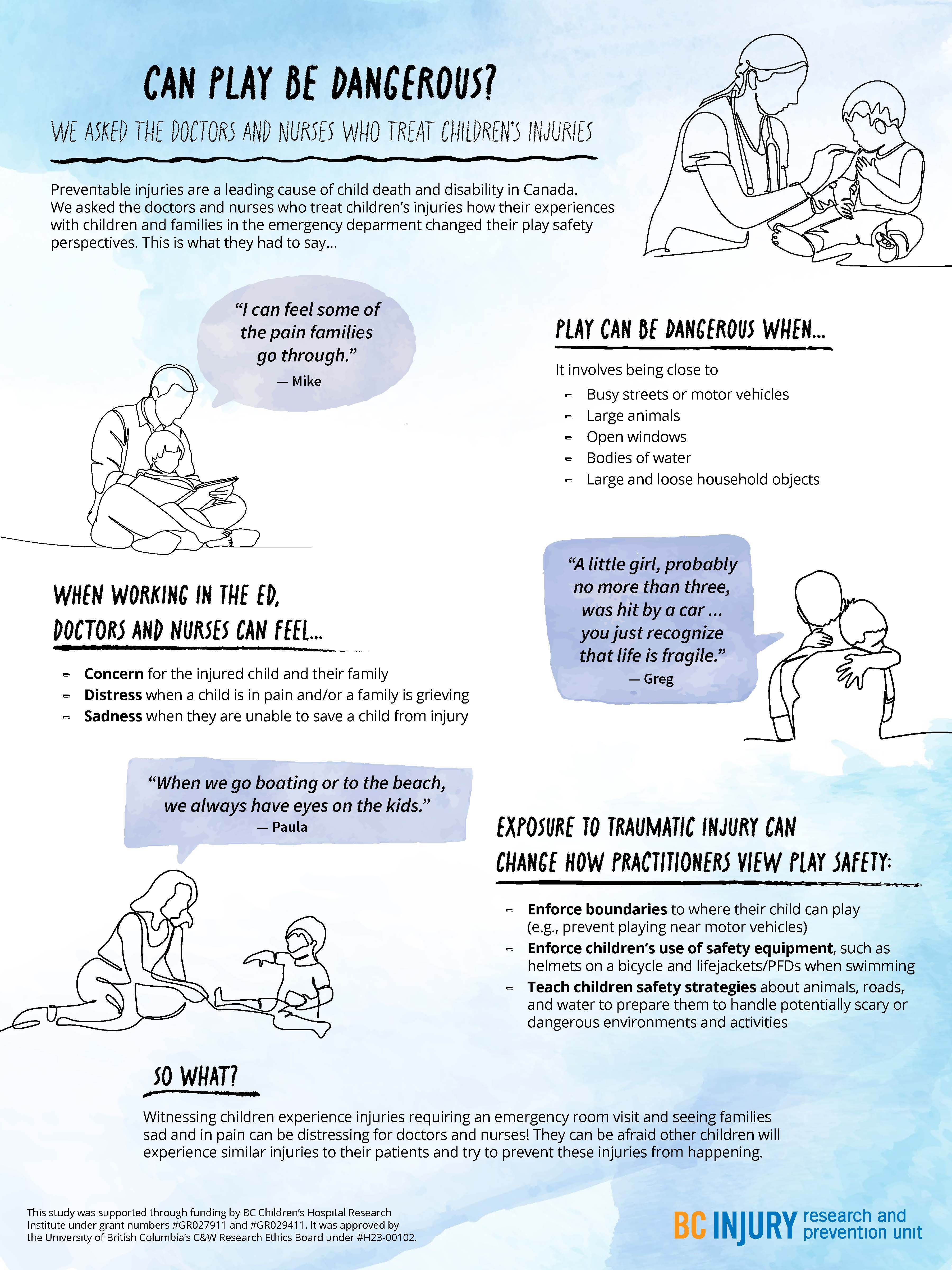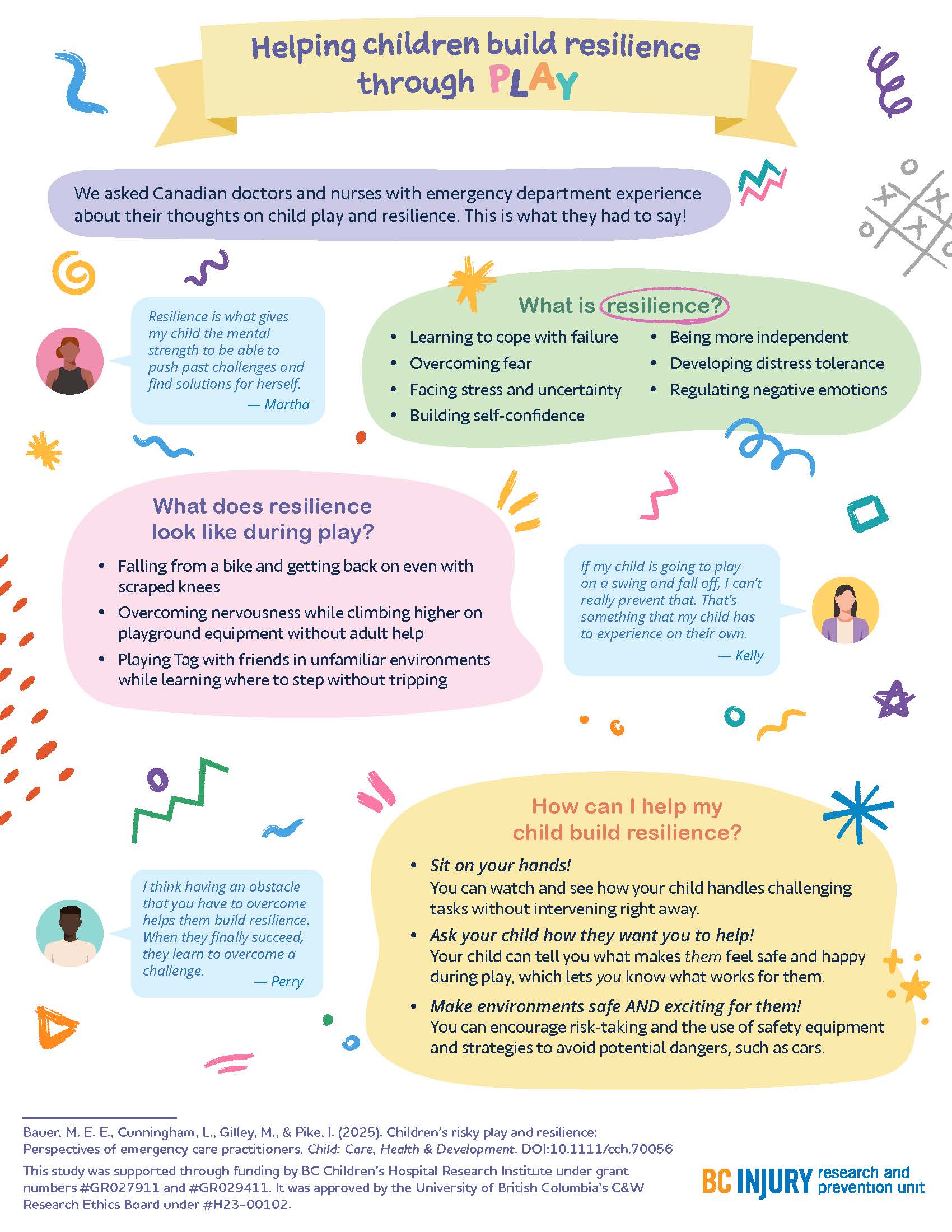COVID-19 and Injury: Violence Prevention

Given the pressures and stress of staying at home, work and financial pressures, disruptions in normal routines and being in much closer quarters for extended periods, experts are concerned that violence and related injuries—such as intimate partner violence, and abuse of children and the elderly—are likely to increase during the COVID-19 outbreak.12345
Watch for warning signs, know how to respond to someone disclosing abuse, find the tools to make a safety plan, and know how to get help:
- HelpGuide, Child Abuse and Neglect
- Canadian Red Cross, How to Respond to a Disclosure of Child Abuse or Neglect
- Gender-Based Violence, Sexual Assault, and Domestic Violence, Government of BC
- Canadian Centre for the Prevention of Elder Abuse
- Government of BC – Keeping Kids Safe
- VictimLinkBC hotline
The First Nations Health Authority has information on COVID-19 and relevant resources. More resources specific to Indigenous peoples:
- KUU-US Crisis Services: The KUU-US Crisis line is available 24/7 to provide support to Indigenous people in BC.
- Vancouver Coastal Health First Nations ReAct (Elder Abuse Response)
- Delegated Aboriginal Agencies in BC
___________________________________
- Goh, S.(March 25, 2020). Child sexual abuse expected to rise amid COVID-19 pandemic, experts say. Global News. Accessed from: https://globalnews.ca/news/6730142/coronavirus-covid-19-child-sexual-abuse-increase/
- Selvaratnam, T. (March 23, 2020). Where can domestic violence victims turn during COVID-19? The New York Times. Accessed from: https://www.nytimes.com/2020/03/23/opinion/covid-domestic-violence.html
- Draus, A. (March 25, 2020). Coronavirus self-isolation could lead to increased domestic violence: N.S. agencies. Global News. Accessed from: https://globalnews.ca/news/6732637/coronavirus-self-isolation-could-lead-to-increased-domestic-violence-n-s-agencies/
- Davidson, J. (March 24, 2020). Coronavirus could act as ‘pressure cooker’ to increase abuse and neglect of the elderly. Holyrood. Accessed from: https://www.holyrood.com/news/view,coronavirus-could-act-as-pressure-cooker-to-increase-abuse-and-neglect-of-t_15269.htm
- Hernandez J. (May 10, 2020). Child abuse likely under-reported since start of pandemic, doctor warns. CBC News. Accessed from: https://www.cbc.ca/news/canada/british-columbia/child-abuse-likely-under-reported-since-start-of-pandemic-doctor-warns-1.5563397
- distress when a child was in pain and when a family was grieving; and
- sadness in the event they were not able to save a child in their care.
- concern for the injured child and the child’s family;
Particularly traumatic events, such as those involving vivid sights and sounds (e.g., families holding each other and having extreme reactions), stuck with the practitioners, having long-lasting impressions on them and causing them to re-live these events in the years following their exposure.
Even after their shift was over, practitioners said that they changed how they approached parenting and how they perceived safety during play as a result of witnessing these traumatic events. They reported having more knowledge of the causes and consequences of severe injuries, such as those that require hospitalization or emergency care. For example, practitioners were more likely to enforce boundaries around where their children could play, such as by forbidding their child to play near busy streets. They also were more likely to tell their child about safe play environments and equipment, and put this equipment on their child before play, such as explaining the benefits of using helmets while riding bikes.
Practitioners were more likely to enforce boundaries around where their children could play, and use safety equipment, such as bike helmets.
Practitioners also described being concerned about their children’s play near open windows, around large bodies of water unsupervised, and in environments where firearms were present. They also expressed worry about their children’s play on trampolines and on motorized vehicles, such as ATVs. Findings related to trampoline play safety concerns were published in the journal Injury Prevention.
Observing family grief due to child injury or death affected the mental well-being of health care practitioners, drawing attention to the need for mental health supports for those involved in caring for severely injured and dying patients.


"Raise more resilient children through play...watch and see how your child handles challenging tasks without intervening right away." —Dr. Michelle Bauer
Building resilience through play
How can parents help their children build resilience? By letting them play!
The experiences that practitioners witnessed encouraged them to support their children in building resilience through play; specifically, by supporting children in learning to cope with failure, overcome fear, build self-confidence, develop distress tolerance, and regulate negative emotions. Findings related to building resilience through play were published in the journal Child: Care, Health, and Development.

Parents fostered resilience in their kids by:
- helping their kids get back on bikes after they fell off and wanted to try again;
- sitting on their hands so they did not instinctively reach for their children when their children fell down; and
- encouraging participation in challenging and thrilling activities in forests and water while safety equipment was used.
"There are a few ways that parents can raise more resilient children through play that are supported by literature and our study findings," said Dr. Bauer. "One: watch and see how your child handles challenging tasks without intervening right away."
"Two: Ask your child how they want you to help—let them tell you what makes them feel safe and happy during play. Let them lead. And three: make play both safe and exciting by encouraging risk-taking, teaching them how to avoid hazards, and using safety equipment.”
This research was supported through Drs. Bauer’s and Gilley’s receipt of a clinical and translational research seed grant from the BC Children’s Hospital Research Institute (BCCHR), Dr. Bauer’s BCCHR postdoctoral fellowship award, and additional training provided to Dr. Bauer through her participation in the Programs and Institutions Looking to Launch Academic Researchers (PILLAR) program through ENRICH, a national organization training perinatal and child health researchers.
Learn more about the study through two infographic posters:
Graphics and posters by Milica Radosavljevic











